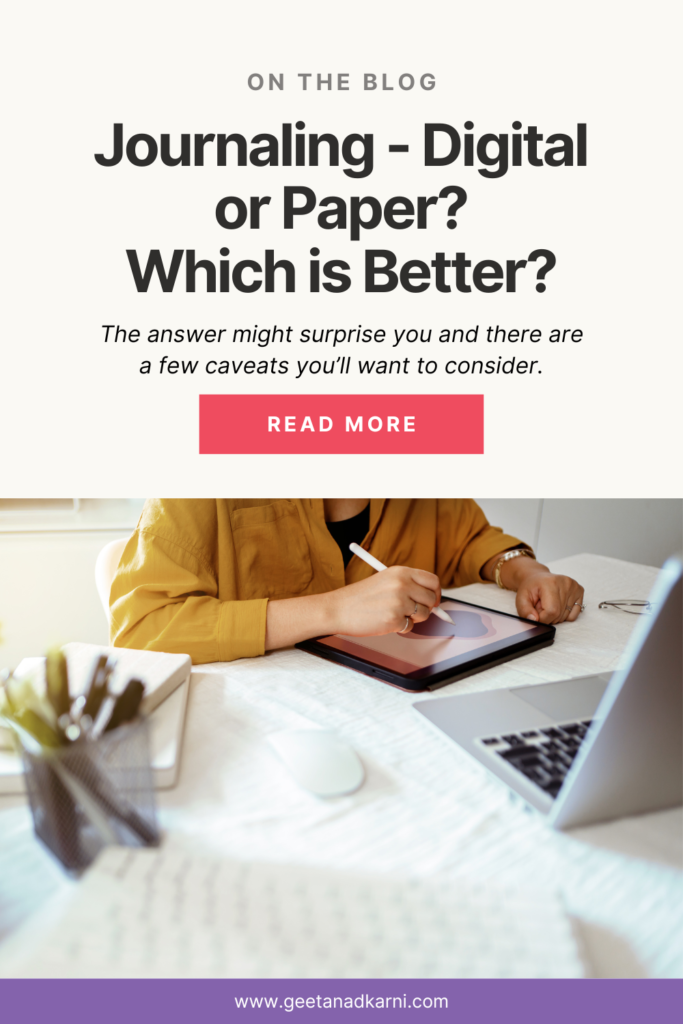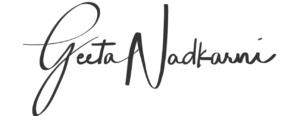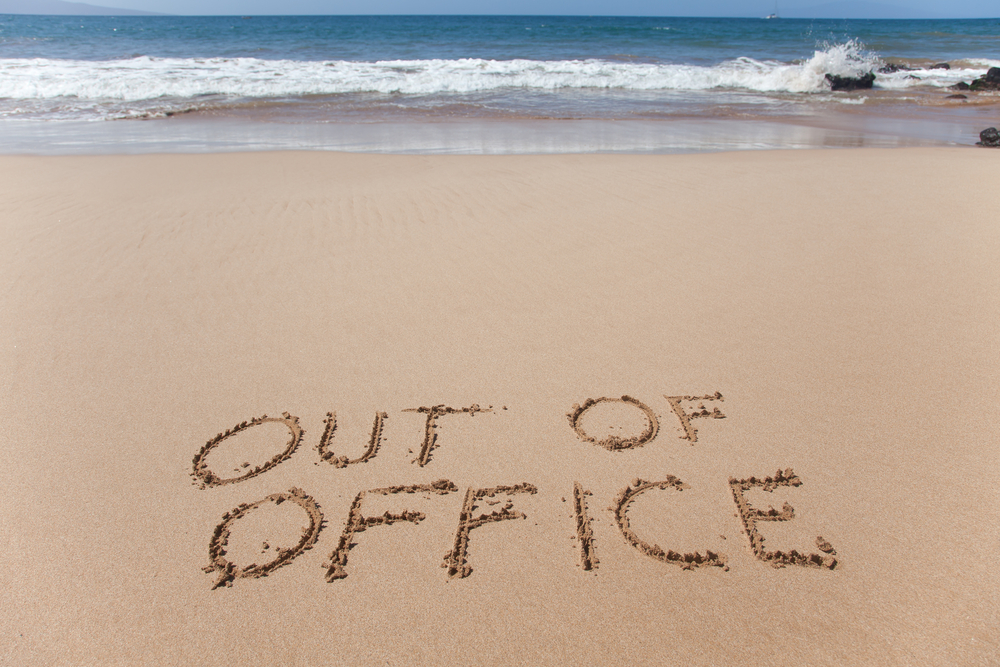(This post is not sponsored and any recommendations I make are for items I use and love and have purchased with my own money)
Talk to most die-hard diarists and you’ll find there seems to be a bias towards writing longhand on paper. Some journaling gurus like Julia Cameron (author of The Artist’s Way) insist that you won’t be able to truly connect to yourself unless you write old school – on paper.
But what does the science say?
Actually that’s hard to say, because much of the science that has studied the relative benefits of paper vs digital journaling has focused on note-taking (like you would in class during a lecture) rather than expressive writing (where you express your emotions). It doesn’t appear that there have been any really quality studies that take a long term look at whether typing your entries makes any difference over writing them out long hand.
Proponents of each method seem very adamant that theirs is better and anecdotal evidence goes both ways. So ultimately, the conclusion I’ve drawn is that any journaling – whether done electronically or longhand – is better than none. Do whatever you feel comfortable doing. And once you’ve got some momentum, experiment with doing it the other way; you might surprise yourself with what you like.
Each individual will have their own preference
Now that we’ve gotten that out of the way, let’s explore some of the pros and cons of journaling on a device vs in a notebook (because there are many and worth considering).
And I have some recommendations for journaling devices and technology that can help you get the best of both worlds.
I personally love journaling on paper and will probably always do so and I have very, very recently started to journal digitally as well. Doing both is something I’m comfortable with because I have such a well-established journaling habit that it’s very unlikely that I’ll break my momentum by overcomplicating things. #recoveringovercomplicator
If you’re just beginning, read on for my recommendations if you’re undecided about which platform is best for you. Bottom line, do what I’ve done and pick a core medium that’s your go-to (mine is paper). So if you can only choose one any given day (and “fall behind” on the other), be crystal clear about which you’re going to prioritize. Making this decision ahead of time will save you a lot of angst and prevent your habit from falling apart.
Benefits of journaling digitally
- Privacy: This may seem ironic to privacy advocates, but generally you’re most vulnerable when someone in your real life reads your journal. With password protection and the various layers of encryption that most apps offer these days, it’s very unlikely that your spouse or kid or boss will be able to access your privileged information. Hackers on the web might, but unless you’re Kim Kardashian, your private info is likely to get lost in a sea of oversharing that no one would even know to search for.
- Accessibility: If you use an app like Day One, Apple Notes or even just a Google Doc, you’ll be able to use it across devices and can basically journal any time, anywhere.
- Multimedia: Digital makes it easy to import photos, links, weather reports and more that can really capture a snapshot of what your life is like any given day even if you don’t write very much. For those who get perfectionist or paralyzed around what to write about, this crutch can be a godsend.
- Searchability: this is probably one of the biggest benefits to digital journaling. You can search by keyword and find every old entry on a theme. You don’t have to figure out how to index your collection of journals or figure out where something is stored many years later.
- Nudges: Many apps will remind you to journal (if you set them up that way) and so, in the early days, it might be easier to cue yourself to create the habit.
- This day, that year: This is the feature that drove me to journal digitally. After I took an extended break from social media for most of 2022, I realized the only thing I really missed were the daily reminders from Facebook with photos and memories from years prior. After much research, I picked the app Day One, which has a feature that spoke to my need without any of the distraction and depletion that had become a part of social for me.
- Saves space and money: For minimalists or digital nomads, not having to lug a heavy diary or figure out where to store your precious memories once you fill up a book can be a blessing. Also, as someone who spends hundreds of dollars per year on journals, washi, pens, photo paper, etc, going digital would cost me a fraction of what I’m already comfortable spending and I wouldn’t need to buy more bookshelves either.
- Permanent archive: When your memories are stored in the cloud, you can never lose them in a fire or during a move. As more and more of us turn our travel into a lifestyle or find ourselves wanting to minimize the stuff we need to manage, this can feel like a relief.
- Easy sharing: It may seem counterintuitive to ever want to share a piece of your diary with someone else, but I’ve consistently been surprised by the ideas, word images and other brilliance that comes to me while I’m journaling without expectation. Having the option to copy and paste these into a doc or note or email to share with someone can save a lot of time.
- Easy organization: Many digital platforms like Evernote, Day One, Google Docs, etc will allow you to create “notebooks” or folders to organize your ideas and notes by theme. I’m not a naturally organized person, so I rely heavily on hashtags and the search function instead (which allows me to call up what I need even if I have no idea when I wrote it or where I stored it – all I need is a keyword or hashtag).
- Easier for those who hate writing: For those with learning disabilities that make writing challenging, digital platforms can offer the flexibility to use voice memos or artificial intelligence transcription services like otter.ai that will turn your spoken words into text.

Cons of digital journaling:
- Less tactile: As someone who loves to play with markers and stickers and loves the feeling of fountain pens on a page, there is nothing that can replace the tactile sensations of writing on real paper. I know there are technologies like the Remarkable that promise a paper-like feel (and they might be good enough for most), but for the style of journaling I do (you can peek at some pages from my diary here), nothing digital comes close.
- Pings and dings: One of the best things about writing on paper is that you can truly unplug and not risk getting sucked into work or other electronic distractions. It can be really restful to turn off your devices at the end of the day and spend a happy 30 minutes unwinding without blue light or notifications.
- Platform prison: Be careful about who owns your data when you choose your platform. Where is your information stored and what happens if and when you decide to leave that platform? How easy is it to export your entries? You don’t want to ever get trapped and unable to migrate your data if you change your mind about the service you’re using.
- Re-reading is hard: While many journaling apps can make it easy to revisit a day or two at a time, if you’re wanting to sit down and really browse your entries, reading digitally can get exhausting. It’s much easier to read on paper (though you could always have the best of both worlds and do what David Sedaris does with his typed up diaries: print them out and bind them. His diaries are now searchable as well as readable).
Meanwhile, I’ll be over here smiling because despite the fact that digital journaling is analytically and logically a stronger choice, my preference remains paper. And you might find that you too have a preference that supersedes logic – do NOT ignore that voice or try to make things “perfect”.
Journaling is first and foremost a tool to enhance wellbeing. And there need to be safe spaces for whimsy and just-because-I-like-it to win over productivity and systems and backups-in-the-cloud.
Listen to what you really want – even if it doesn’t make sense.
So there you have it – my list of the pros and cons of digital journaling relative to writing on paper. Did I miss anything? Do you have something to add that I haven’t considered? I’d love to hear from you in the comments.





